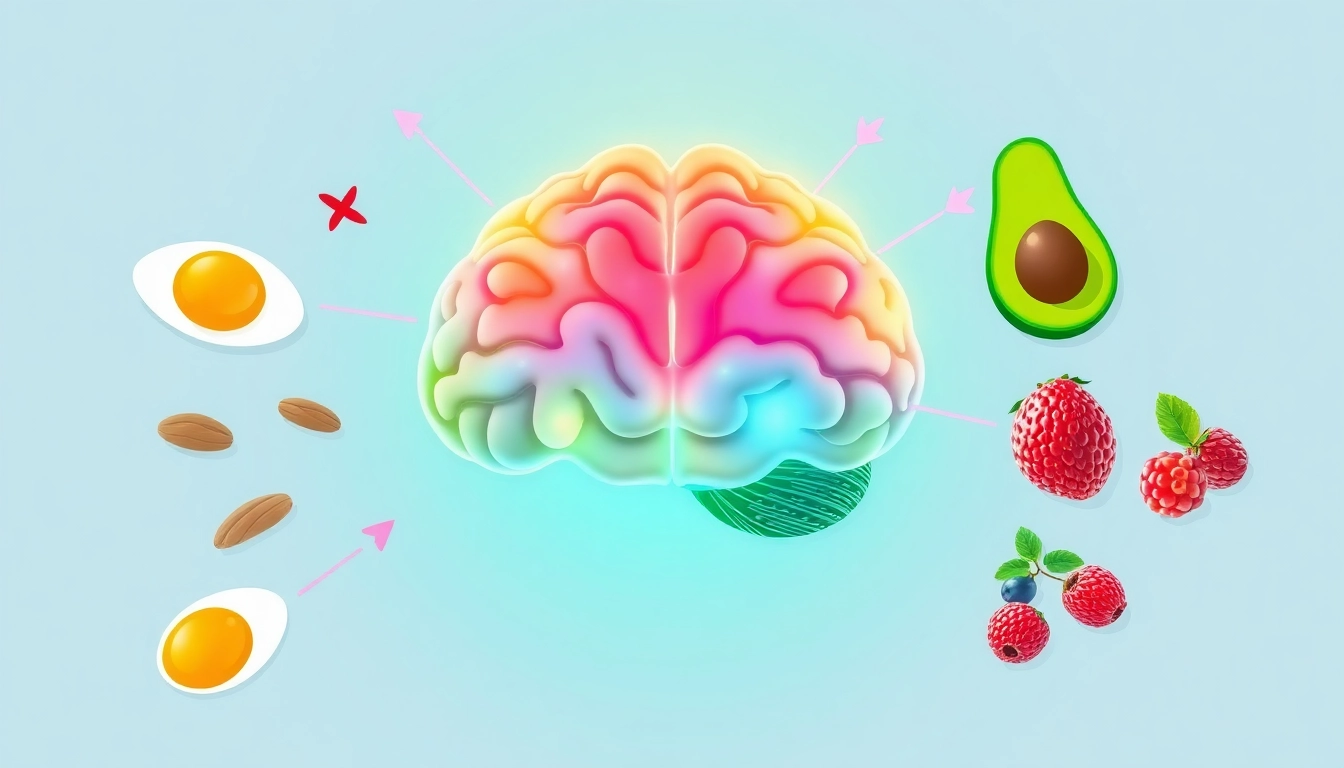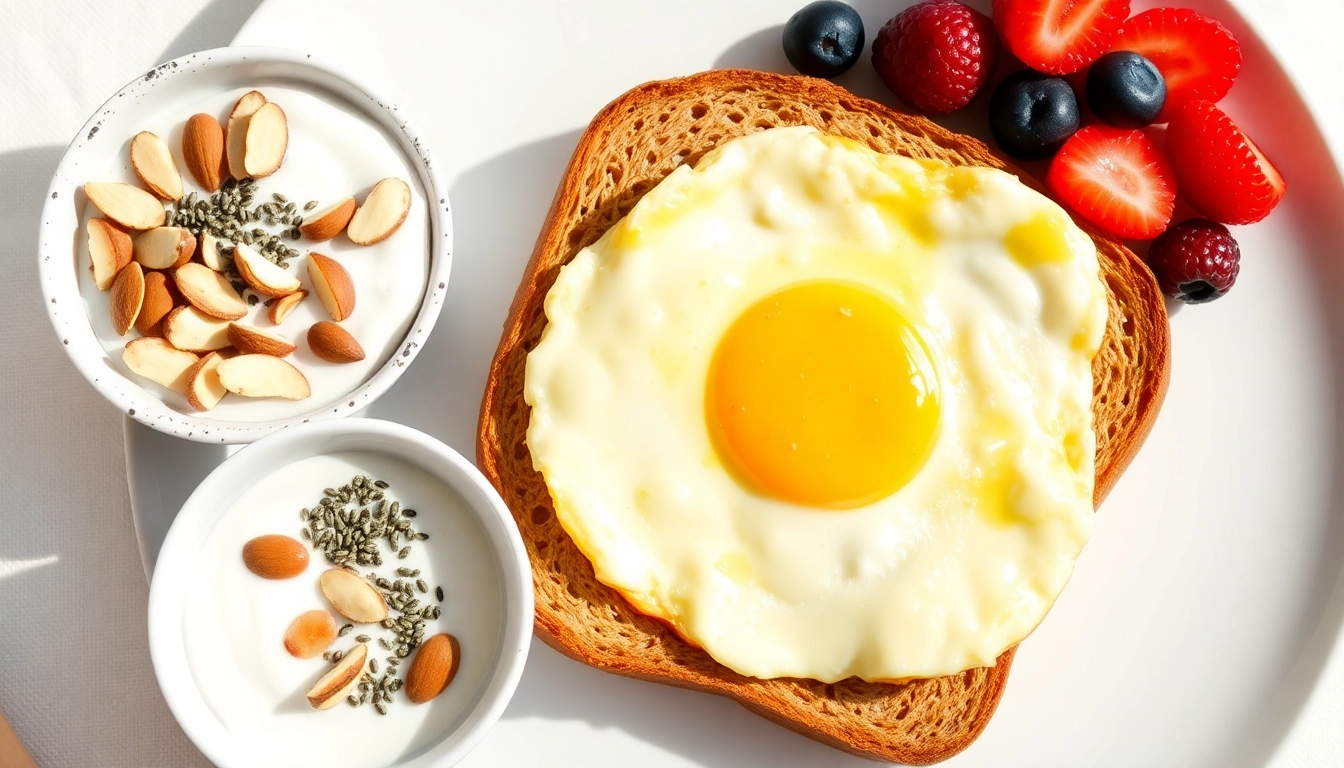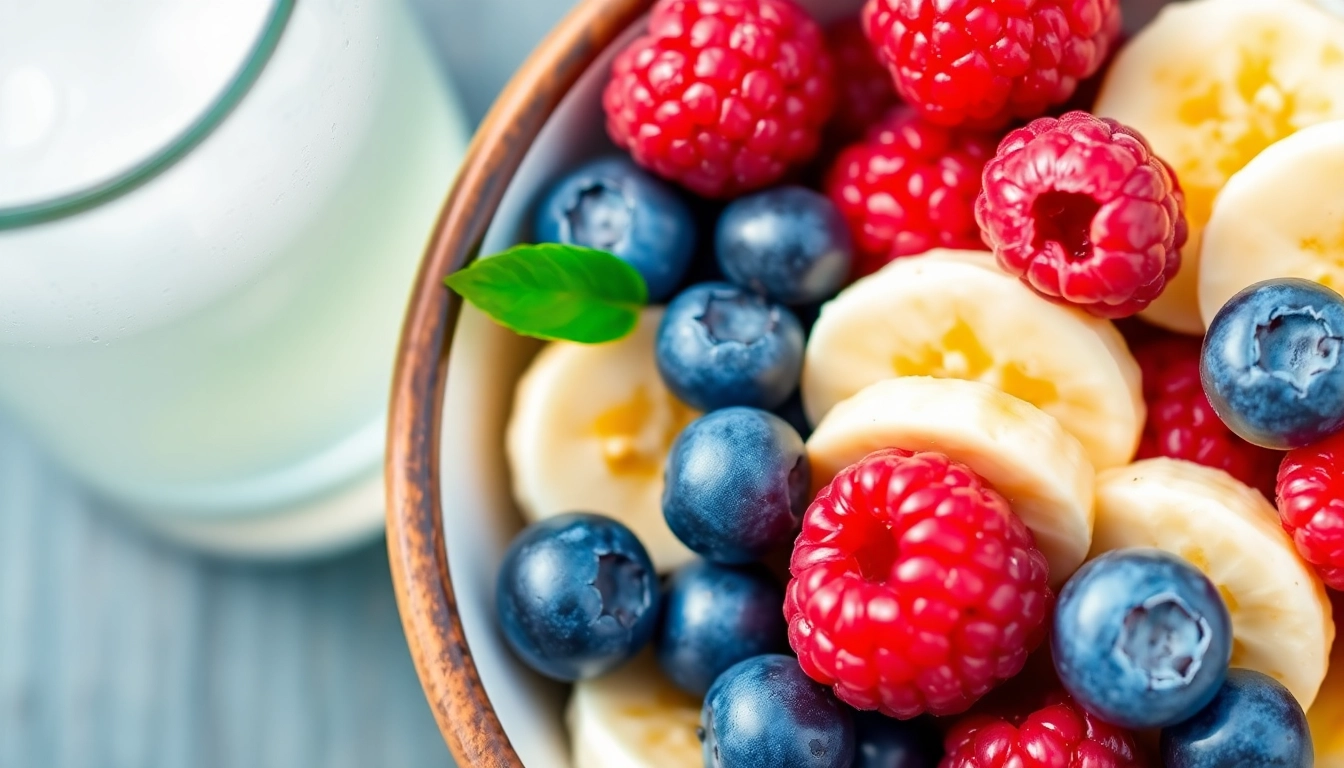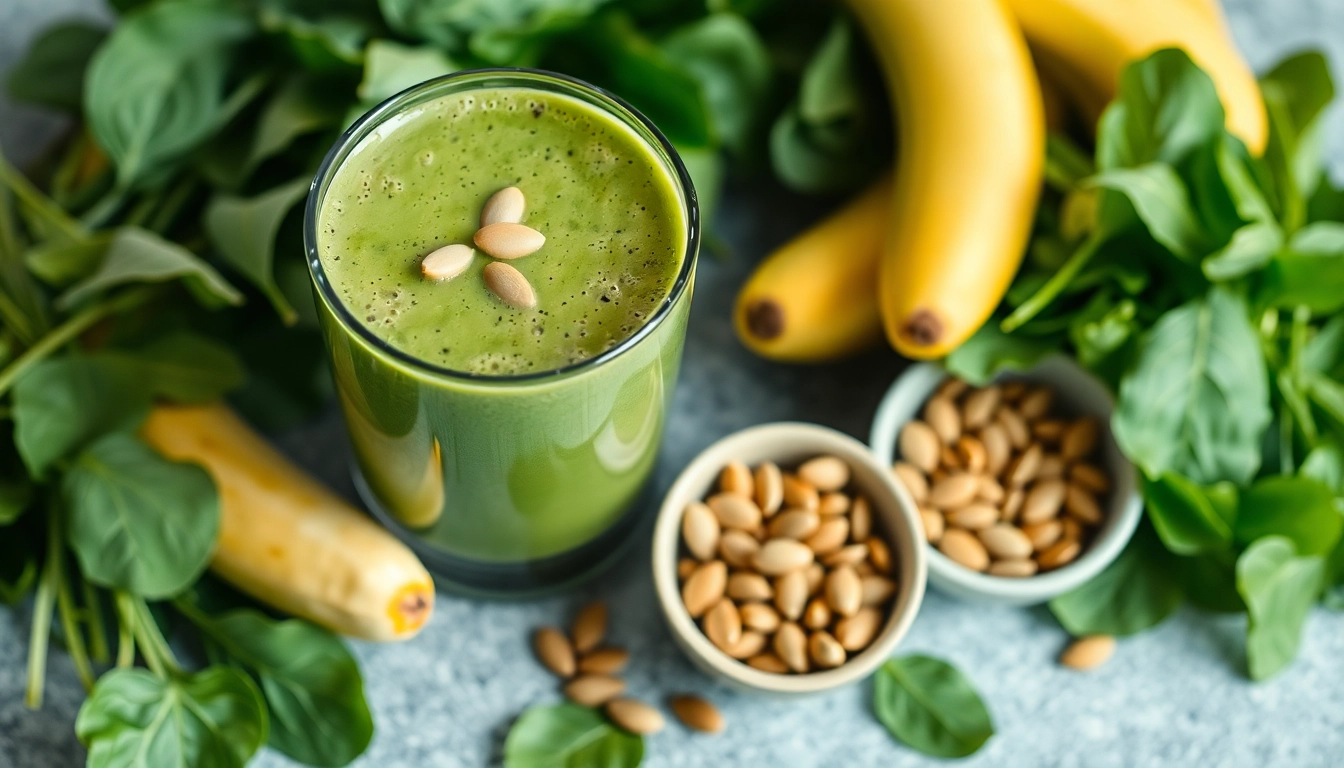Smart and Healthy Foods to Eat Before Taking ADHD Stimulant Medication

ADHD stimulant medications like Adderall, Vyvanse, and Ritalin can be life-changing tools for managing ADHD symptoms. However, these medications may cause side effects, especially if not complemented with a healthy lifestyle and balanced nutrition. For those taking stimulant medication, what you eat before taking your dose can significantly affect how your body absorbs the medication and how well you tolerate its effects. If you often find yourself struggling with the demands of managing ADHD, it may sometimes feel like an uphill battle, almost like running a marathon, but the right nutrition can make all the difference.
Why Food Matters When Taking ADHD Stimulants

Stimulant medications increase dopamine and norepinephrine levels in the brain, improving focus, attention, and impulse control. However, they can also lead to side effects like reduced appetite, increased heart rate, and gastrointestinal issues. By eating specific foods before taking your medication, you can help mitigate these risks and support your overall well-being. Here, we’ll focus on foods to eat before ADHD medication that can be easily integrated into your morning routine to complement stimulant medication and help your body process it in the healthiest way possible. For those looking for more ways to manage their symptoms, consider learning about holistic approaches to ADHD management.
Healthy Fats for Brain Support
Healthy fats are essential for brain function, and pairing them with stimulant medication can provide your brain with the right fuel to optimize focus and attention. The role of omega-3 fatty acids in supporting cognitive health is well-documented, making foods rich in these fats especially beneficial.
Avocados
Avocados are rich in monounsaturated fats, which support brain health and cognition. Including half an avocado in your morning meal, either in a smoothie or on whole-grain toast, can help balance blood sugar levels and provide long-lasting energy without causing a crash later in the day.
Nuts and Seeds
Nuts like walnuts and almonds are excellent sources of healthy fats and omega-3s. These fats help reduce inflammation and support brain function, potentially mitigating some of the irritability or restlessness that stimulant medications can cause. Flaxseeds and chia seeds, rich in omega-3s, enhance neurotransmitter function and may improve the absorption of stimulant medication.
How to Prepare:
- Add nuts to oatmeal or yogurt for a balanced breakfast.
- Blend chia seeds or flaxseeds into your morning smoothie.
Protein-Rich Foods for Steady Energy

Protein helps stabilize blood sugar levels and provides your body with a steady source of energy, which is particularly important when taking stimulant medication that may suppress appetite. Ensuring a balanced diet that includes sufficient protein is a key component of effective ADHD management.
Eggs
Eggs are a powerhouse of nutrients, providing high-quality protein, vitamins B6 and B12, and choline. These nutrients support neurotransmitter production, which may enhance the efficacy of stimulant medications. Additionally, protein from eggs can help prevent the mid-morning energy crash that some people experience when taking ADHD medication.
Greek Yogurt
Greek yogurt is another excellent source of protein and contains probiotics, which promote gut health. This is important because ADHD medications can sometimes lead to digestive issues.
How to Prepare:
- Enjoy a scrambled egg on whole-grain toast or with sautéed vegetables.
- Add Greek yogurt to a bowl with fruits, nuts, and seeds for a balanced, nutritious meal.
Complex Carbohydrates for Sustained Focus
Unlike simple sugars, which can cause blood sugar spikes and crashes, complex carbohydrates provide slow-releasing energy that can keep you focused throughout the day. This is especially helpful in balancing the effects of stimulant medication.
Oats
Oats are packed with fiber and provide a slow-releasing source of energy, helping to maintain focus and prevent jitteriness. They also contain B-vitamins, which are essential for brain health.
Quinoa
Quinoa is a nutrient-dense grain that contains both complex carbohydrates and protein. It’s an excellent choice for breakfast or lunch and helps keep you full longer, counteracting the appetite-suppressing effects of stimulant medications.
How to Prepare:
- Make overnight oats with almond milk, chia seeds, and a touch of honey for a quick morning option.
- Prepare a quinoa salad with veggies, avocado, and a boiled egg for lunch.
Antioxidant-Rich Fruits for Brain Health

Antioxidants help reduce oxidative stress and inflammation, which are crucial for brain health, especially when stimulant medications can sometimes elevate stress hormones like cortisol. Incorporating activities that support brain function, like running or consuming antioxidant-rich foods, can lead to clearer thinking and improved focus.
Blueberries
Blueberries are often considered a "superfood" because they are rich in antioxidants like anthocyanins, which support cognitive function and memory. These tiny fruits also help protect the brain from oxidative damage, promoting clearer thinking and better focus.
Bananas
Bananas provide a quick source of energy through their natural sugars and are packed with potassium, which helps regulate blood pressure—a common concern for people on stimulant medications. They also contain vitamin B6, which plays a key role in neurotransmitter production.
How to Prepare:
- Add a handful of blueberries to oatmeal or yogurt.
- Pair a banana with peanut butter or a handful of nuts for a well-balanced snack.
Hydration and Electrolytes
Stimulant medications can cause dehydration, so it’s essential to start the day well-hydrated. Water and electrolyte-rich foods can help maintain hydration levels and support overall brain function. Sometimes, hydration can be supported by immersing oneself in nature, much like the benefits described in the healing power of nature.
Coconut Water
Coconut water is a natural source of electrolytes, including potassium and magnesium, which are essential for maintaining hydration. Drinking coconut water in the morning can help prevent dehydration, which is particularly important if stimulant medication causes dry mouth or increased heart rate.
Cucumbers and Watermelon
Both cucumbers and watermelon have high water content and provide vitamins and minerals that support hydration. Including these in your diet can help offset any dehydrating effects of stimulant medication.
How to Prepare:
- Drink a glass of coconut water with breakfast.
- Add slices of cucumber or watermelon to a morning smoothie for an extra hydration boost.
Foods Rich in Magnesium

Magnesium plays a critical role in calming the nervous system and promoting relaxation, which can help counter the overstimulation that ADHD medications sometimes cause. This effect can be similar to the benefits found in Ashwagandha, which is also known for its calming properties.
Spinach and Leafy Greens
Leafy greens like spinach, kale, and Swiss chard are excellent sources of magnesium. These greens can help reduce feelings of restlessness and anxiety, promoting a more balanced mood throughout the day.
Pumpkin Seeds
Pumpkin seeds are not only rich in magnesium but also contain tryptophan, an amino acid that can help promote better sleep—an essential factor for people managing ADHD, especially if stimulants disrupt their sleep patterns.
How to Prepare:
- Blend spinach into a smoothie with banana and almond milk.
- Sprinkle pumpkin seeds on salads or oatmeal for a nutrient boost.
Avoiding Certain Foods
While eating nutrient-dense foods before taking stimulant medications is essential, it’s also important to avoid certain foods that may interfere with medication absorption or exacerbate side effects. For instance, learning why people are sometimes hesitant about ADHD medications can help provide more insight into making better dietary and lifestyle choices.
Sugary Foods
Avoiding high-sugar breakfasts like pastries, sugary cereals, or donuts is crucial, as they can cause blood sugar spikes followed by crashes, exacerbating the jittery effects of stimulants.
Caffeine
Caffeine can increase the stimulating effects of ADHD medications, leading to feelings of anxiety, jitteriness, or increased heart rate. It’s best to limit coffee or energy drinks, especially in the morning when stimulant medications are most potent.
Final Thoughts: Preparing for ADHD Medication with the Right Foods

Managing ADHD with stimulant medications is more than just taking a pill—it’s about supporting your body and brain with the right nutrition. By incorporating superfoods, healthy fats, protein-rich foods, and hydration-focused options, you can help your body absorb the medication more effectively, reduce side effects, and support overall brain health. You can also enhance your approach to ADHD management by exploring new ways to handle emotions and mental well-being, as seen in the ADHD Emotional Regulation Revolution.
Eating a balanced meal with these foods to eat before ADHD medication is a smart and proactive way to help both your mind and body thrive, allowing you to make the most of the benefits that stimulant medications offer.
Take Control of Your ADHD Journey with Bonding Health
Fueling your body with the right foods can make a significant difference in how you manage ADHD symptoms. But for many parents, it's just one piece of a much bigger puzzle. At Bonding Health, we understand that ADHD management goes beyond diet; it's about holistic care that nurtures both the parent and child. Our app is designed to help families navigate the challenges of ADHD with tailored tools for emotional regulation and behavior management.
Ready to transform your ADHD journey? Download the Bonding Health app here and sign up for our free journals to stay informed with the latest ADHD tips, insights, and strategies. Take the first step towards a balanced, supportive approach to ADHD parenting today.


